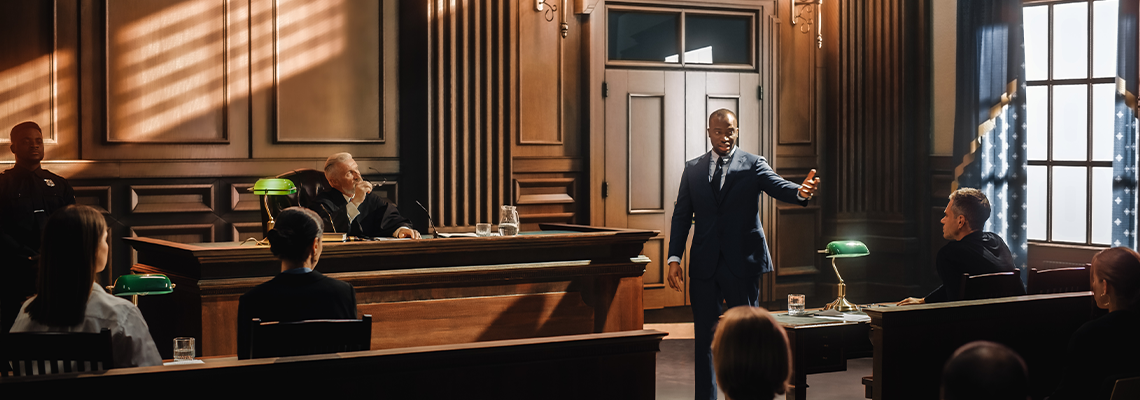In life, everybody makes mistakes. Some mistakes are minor, and easily correctable. Other mistakes, however, can have a drastic effect on your life. Maybe you had one too many drinks while out having a good time and wound up making poor decisions due to intoxication. Maybe you found yourself in a bad situation where things just got out of hand. Or maybe you made friends with the wrong type of friends and they led you into criminal activity. Whatever the reason, the end result is you now have a felony on your record.
One you have a felony, your life changes. If you had a job when the arrest happened, you might have lost it. Pretty much every job application will ask you if you have one, and it will probably negatively affect your prospects. Notice will go to the bureau of motor vehicles, and your driver’s license may now be suspended. Before expungements under Indiana Code 35-38-2-et al, that was it. You were stuck with a felony on your record and the changes it caused in your life were permanent and lingering. But now expungements offer a second chance, a way to get your life back on track and erase the mistake.
In general, the first requirement of expungements is a period of good behavior. Depending on your level of conviction, you need to have a period without another criminal conviction. For misdemeanors, it needs to be at least five years. For felony convictions, you need to wait at least seven years before you can seek an expungement under normal circumstances. However, there is a way to get an expungement sooner than that, if you can get written agreement from the prosecutor’s office. So if you have a potential new job, or something going on in your life where a expungement would help, then it might be possible to get the conviction expunged/removed from your record even sooner.
Once you cross the hurdle of waiting a period of time before asking, there are a few other hurdles you need to jump. You need to have paid all fees and fines associated with the underlying conviction. You need to not have pending charges. You’ll need to be able to tell the court where you have lived since you had your conviction, including the dates you lived there and the address of where you lived. And that’s it. Most expungements are easily attainable if you can reach these modest goals.
Assuming you have all your ducks in a row, then the process itself is fairly quick. The majority of expungements can be completed within thirty days of filing for them, and may not even require a hearing. However, some courts may require a hearing where you would briefly testify about your criminal history or lack thereof, where you’ve lived, and maybe why you are asking for an expungement.
So what happens when an expungement is granted? The court sends notice to the police departments, probation departments, and other state offices. And suddenly, options are back on the table for you. Maybe your driver’s license is available to you again. Your job prospects improve. And the mistake you made is now no longer like a weight on your neck.
Expungements are a powerful tool, one that gives a lot of people a second chance after a poor mistake. If you need help with them or want to take this opportunity to get yourself a second chance, give our firm a call. We are here to help you.




